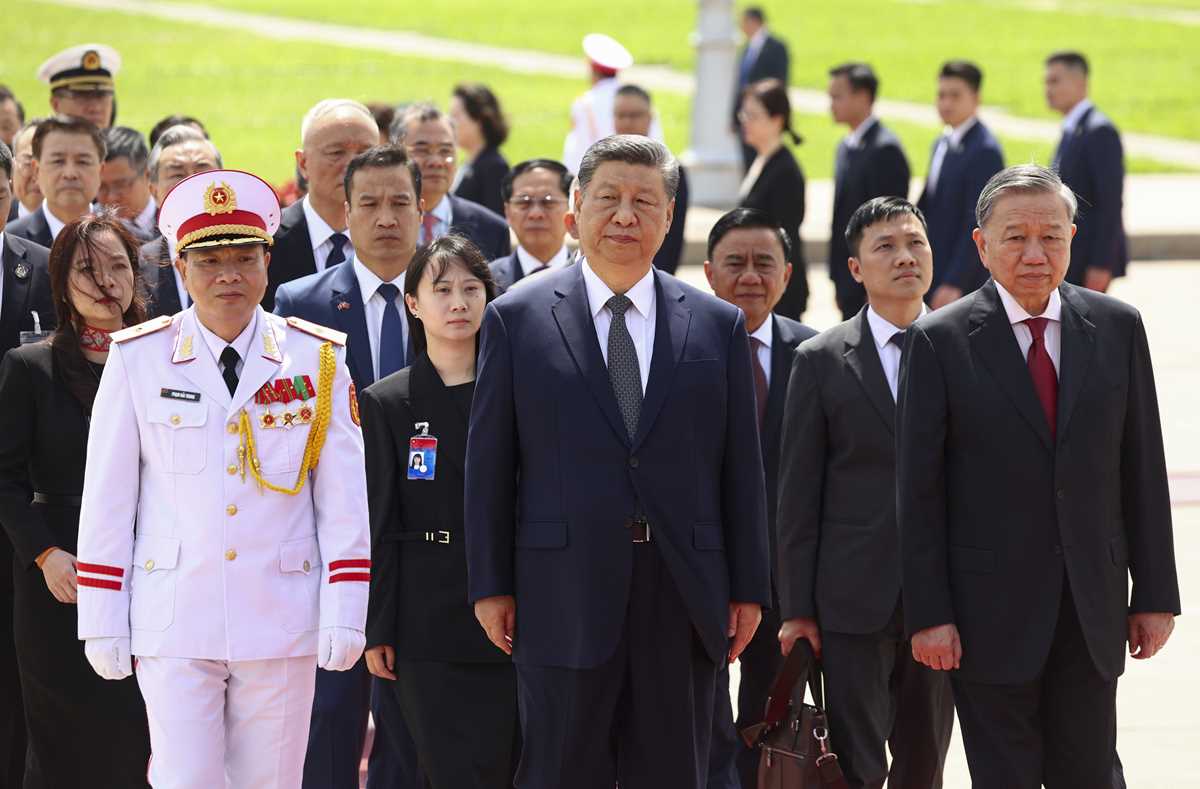Global Markets and Middle East Reactions to US Tariffs
Explore the global economic upheaval caused by President Trump's tariffs, focusing on their impact across markets, political responses, and implications for global trade relations.
Published April 08, 2025 - 00:04am

Image recovered from arabnews.com
The global economic landscape is witnessing significant tremors following United States President Donald Trump's institution of sweeping tariffs that have provoked both domestic and international turmoil. These policies have resulted in chaotic shifts in global markets, with responses ranging from strategic negotiations to forceful retaliations by several nations.
In the Middle East, economies heavily reliant on oil production have been particularly affected. Stock markets across the region fell sharply, burdened by the dual challenges of these new tariffs and a precipitous decline in oil prices. Benchmark Brent crude has plummeted nearly 15% in recent trading days, plummeting below critical break-even prices for many oil-producing countries. This severe financial strain is evidenced by significant market downturns, such as Saudi Arabia's Tadawul stock exchange suffering over a 6% loss, while Aramco's shares alone fell by more than 5%, erasing billions in market cap.
The repercussions are manifesting beyond the Middle East, with nations globally grappling with the impact of America's protectionist trade measures. European Union leaders, under the executive commission of President Ursula von der Leyen, have expressed their willingness to engage in negotiations. Von der Leyen mentioned the EU's openness to reducing tariffs to zero on certain goods with the US, but also warned of prepared countermeasures.
However, dialogue appears strained, with skepticism about the Trump administration's willingness to negotiate genuine reciprocal agreements. White House Trade Adviser Peter Navarro dismissed unilateral tariff reduction propositions from countries like Vietnam, highlighting the focus on non-tariff barriers, further leaving America's allies and international partners on edge.
China stands as one of the most assertive retaliators, matching the US tariffs with identical levies and accusations of economic bullying. The meeting of Ling Ji, China's vice minister of commerce, with US business officials, underscores China's proactive stance and its commitment to remaining open to foreign investments despite the escalating trade war.
Comparable distress is felt in Southeast Asia where nations are strategizing united responses through their regional body, the Association of Southeast Asian Nations (ASEAN). Malaysia, as the current chair, seeks a collaborative stance against the tariffs and is hosting an economic ministers' meeting to address the wider regional implications. Pakistan and South Korea are also dispatching delegations to Washington in efforts to negotiate reprieves or adjustments to the tariff conditions that threaten their economies' stability.
With President Trump steadfast in his resolve, insisting on nations balancing their trade dealings with the US, the global trading system braces for a prolonged period of anxiety and adjustment. In contrast, nations like Indonesia are leveraging diplomatic channels and adjusting their import strategies to favor US-made goods, in hopes of mitigating the onerous tariffs against their exports.
As the world watches this trade saga unfold, the overarching sentiment remains that these tariffs not only challenge the economic balance but could catalyze a realignment of international trade relations, with potential lasting impacts on the global economy.







